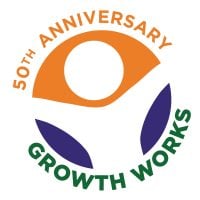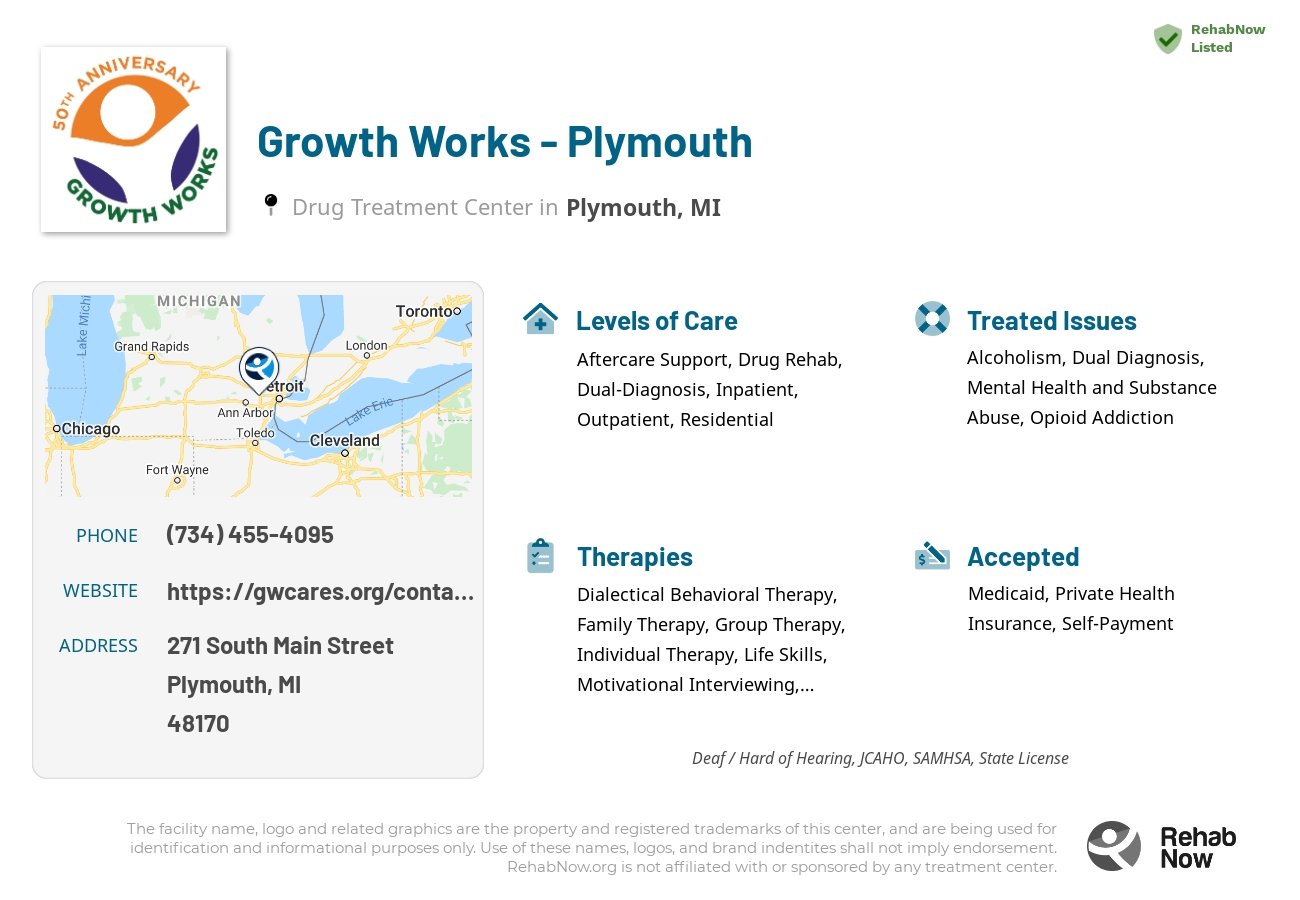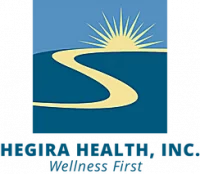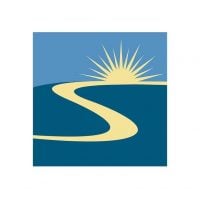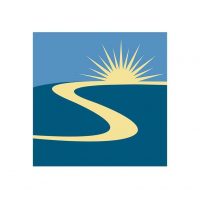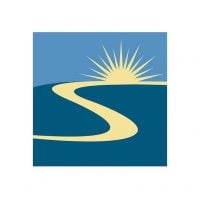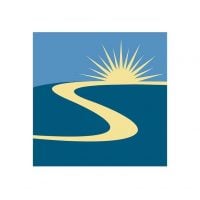Growth Works - Plymouth
Drug Rehab Center in Plymouth, Michigan
Growth Works - Plymouth is a licensed and accredited behavioral health and substance abuse treatment center in Michigan, providing a range of evidence-based services for individuals and families seeking recovery from addiction and substance abuse, including medication management, group therapy, and trauma-informed care.
About Growth Works - Plymouth in Michigan
Growth Works - Plymouth is an Addiction Treatment Facility in Plymouth, MI. Founded in 1971, this facility specializes in providing comprehensive treatment for individuals suffering from alcoholism, dual diagnosis, opioid addiction, and drug addiction. The facility offers various levels of care, including inpatient, outpatient, and residential treatment programs, ensuring that individuals receive the appropriate support based on their specific needs. Growth Works - Plymouth is recognized and accredited by several reputable organizations, including JCAHO (Joint Commission on Accreditation of Healthcare Organizations), SAMHSA (Substance Abuse and Mental Health Services Administration), and holds a State License. This accreditation and certification reinforce the facility's commitment to adhering to high-quality standards in delivering effective addiction treatment.
Growth Works - Plymouth provides a wide range of services to support individuals struggling with addiction and substance abuse. Their aftercare support is designed to help individuals maintain their recovery and prevent relapse after completing treatment. The facility offers drug rehab programs that focus on addressing the physical, psychological, and emotional aspects of addiction. Additionally, Growth Works - Plymouth specializes in dual-diagnosis treatment, providing comprehensive care for individuals with co-occurring mental health disorders and substance abuse. With their diverse treatment options, including inpatient, outpatient, and residential programs, individuals can receive personalized care that aligns with their specific needs and circumstances. Overall, Growth Works - Plymouth is dedicated to helping individuals overcome addiction and achieve long-lasting recovery.
Genders
Ages
Modality
Additional
Accreditations
State License
SAMHSA

JCAHO
Conditions and Issues Treated
Opioid addiction starts when a person becomes addicted to legal or illegal opioids. The addiction can happen quickly, in just a matter of days. Opioid withdrawal can be extremely uncomfortable and lead the user to continue to use even if they want to quit. Stopping using an opioid requires medical observation. Sometimes inpatient treatment with a medically supervised detox is necessary for managing the withdrawal process while learning lasting tools for maintaining recovery. Medications may be used in some cases of opioid addiction.
Opioid addiction is one of Michigan‘s most prominent forms of addiction. It’s treated by detoxifying the body so that the chemicals from the medications no longer impact them and by therapies to correct behavior and target the root of the problem.
Recovery is not simply about stopping drug use. Recovery is working with addiction while recovering mental health issues that are fueling the addiction in the first place.
Levels of Care Offered
This center offers a variety of custom treatment tailored to individual recovery. Currently available are Aftercare Support, Drug Rehab, Dual-Diagnosis, Inpatient, Outpatient, Residential, with additional therapies available as listed below.
Individuals who are suffering from severe addiction or have a high risk for dangerous health concerns are often recommended to receive inpatient treatment.
Choosing to enter an inpatient treatment program is beneficial for people who are suffering from severe addiction, or who have a high risk for dangerous health concerns.
Inpatient treatment is beneficial for:
- People who have a history of severe withdrawal.
- People who have attempted to overcome addiction on their own without success.
- People who have a history of relapse, or have recently relapsed.
- People at risk for drug overdose or withdrawal-related complications.
- People with medical conditions that are worsened by drug or alcohol use.
Outpatient treatment is considered the lower intensity level of addiction treatment. It’s ideal for early phase addiction or lower intensity addictions. It may include weekly sessions instead of daily. It may include weekly sessions instead of daily. Peer group support, 12-step programs, and individual counseling may still be involved but at a lesser frequency than an intensive outpatient program. It is a good choice for someone who doesn’t need to go through a medically supervised detox and who has a supportive home environment. It requires motivation and dedication to commit to the program without constant monitoring.
Residential treatment programs are those that offer housing and meals in addition to substance abuse treatment. Rehab facilities that offer residential treatment allow patients to focus solely on recovery, in an environment totally separate from their lives. Some rehab centers specialize in short-term residential treatment (a few days to a week or two), while others solely provide treatment on a long-term basis (several weeks to months). Some offer both, and tailor treatment to the patient’s individual requirements.
Aftercare support should take place after outpatient treatment has ended. There are a few different types of aftercare support that patients can seek. These include 12 Step, Self-help groups (AA, NA), Therapeutic communities, Long-term, structured sober living arrangements, and Halfway houses (residential treatment centers).
Therapies & Programs
Individual therapy involves one-on-one sessions between the patient and therapist. It provides patients with a safe environment to openly discuss personal and sensitive issues with the therapist. They find the therapist as someone they can trust. Individual therapy aims to identify the core issues that would have led the patient to substance abuse and address them effectively. The therapist can develop patient-specific customized solutions through individual therapy, which aids speedier recovery.
Family therapy is a group problem-solving that aims to improve communication and relationships between the addict, their family, and sometimes friends. The main goal of family therapy for drug addiction is to create an environment where communication can occur without judgment, hostility, or blame. The therapist is with the family as they learn to communicate differently, especially with the addict when s/he is using. The family can learn to reduce their enabling behavior or rally together and support each other during tough times.
An addict’s family can play a vital part in helping them to avoid relapse because they can spot the warning signs and help them get back on track before it becomes too much of a problem. Family therapy is one of the most effective ways to help addicts stay on the path to long-term sobriety. When a drug addict decides that they want to try and get sober, it takes the support of every person they love to succeed. It can be incredibly difficult for loved ones to watch an addict go through the pain and suffering of withdrawal, but by being there with them and supporting them, they can help to make sure that the addiction never returns.
Groups typically involve meetings with other recovering addicts who can relate to one another’s experiences. They might meet in person or online and typically focus on the process of staying sober rather than overcoming a specific addiction.
In these groups managed by Growth Works - Plymouth, addicts can build a sense of community and develop strong emotional connections with others who understand what they are going through. These beneficial relationships can help addicts overcome their cravings and prevent relapse at any point during the recovery process.
In general, trauma therapy is a clinical process that helps individuals deal with mental stress often caused by traumatic events. The therapist helps the person identify, understand, and work through the problem. This is done with the help of talking about it in group or one-on-one counseling sessions. Therapists use relaxation, role-playing, art, and music to help the person open up about what is bothering them.
There are many different types of trauma therapists, such as psychiatric nurses and counselors. Not everyone is a good candidate for this type of therapy; it is generally reserved for people who have recently experienced a traumatic event and struggle to get over it. It is often done for children, teenage victims of sexual assault, and war veterans.
Dialectical Behavior Therapy (DBT) is a type of therapy created in the late 1980s and early 1990s to help people with high rates of suicidal behavior. DBT helps people learn how to live a life that is no longer controlled by overwhelming emotions and urges. It is beneficial in treating drug addiction because it helps patients understand and cope with their cravings for drugs or alcohol rather than turning to those substances as a way of coping.
There is hope for people who are addicted to drugs and alcohol. Cognitive Behavioral Therapy (CBT) is the solution. CBT focuses on the underlying thoughts and behaviors that caused the addiction problem in the first place and may cause a relapse. This type of psychotherapy addresses negative feelings common in substance abuse disorders. It helps to change them by restructuring thought patterns. It’s about removing negative thoughts and providing long-term benefits while promoting self-awareness, self-control, and healthy ways to respond to negative thoughts. These sessions can be done by themselves or as part of combination therapy.
Since addiction is a chronic physical and mental illness, addicts need to learn as many life skills as possible. Many drug treatment centers offer life skills activities as part of their addiction recovery programs. Examples include cooking classes, employment training, resume writing seminars, parenting classes, and computer training. Life skills activities help addicts find employment, take care of their families, and give back to the community.
Payment Options Accepted
For specific insurance or payment methods please contact us.
Is your insurance accepted?
Ask an expert, call (888) 674-0062
Growth Works Associated Centers
Discover treatment facilities under the same provider.
- Growth Works - Canton in Canton, MI
- Growth Works - Garden City in Garden City, MI
- Growth Works - Canton in Canton, MI
- Growth Works - Plymouth in Plymouth, MI
Learn More About Growth Works Centers
Additional Details
Specifics, location, and helpful extra information.
Plymouth, Michigan 48170 Phone Number(734) 455-4095 Meta DetailsUpdated November 25, 2023
Staff Verified
Growth Works - Plymouth Patient Reviews
There are no reviews yet. Be the first one to write one.
Plymouth, Michigan Addiction Information
Michigan has the second-highest rate of drug and alcohol abuse in the nation. Heroin is linked to more than 50% of the state's hepatitis C cases. Marijuana is the drug most often associated with crimes in Michigan, followed by methamphetamines. Opioids alone are responsible for almost 20% of all drug overdose deaths in Michigan.
12.5% of residents in the city of Plymouth, Michigan are considered to be abusing drugs or alcohol. Marijuana and alcohol were found to be the most common drugs, with around 10% of high school students admitting to using them. Methamphetamine, opioids, heroin, MDMA, and other drugs are widespread issues in the community. Residential rehabilitation programs, 12-step programs, and outpatient programs are some of the most common treatments in Plymouth.
Treatment in Nearby Cities
- Southgate, MI (17.8 mi.)
- Oak Park, MI (15.8 mi.)
- Portage, MI (108.7 mi.)
- South Haven, MI (143.3 mi.)
- New Buffalo, MI (172.8 mi.)
Centers near Growth Works - Plymouth
The facility name, logo and brand are the property and registered trademarks of Growth Works - Plymouth, and are being used for identification and informational purposes only. Use of these names, logos and brands shall not imply endorsement. RehabNow.org is not affiliated with or sponsored by Growth Works - Plymouth.
